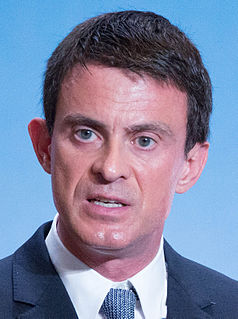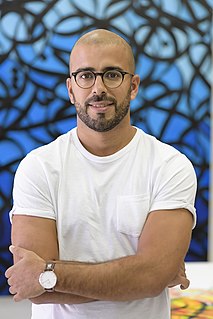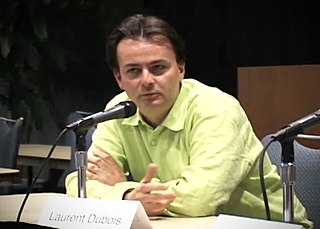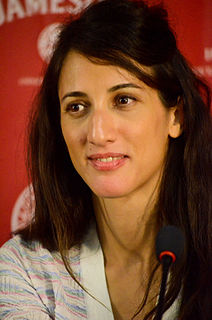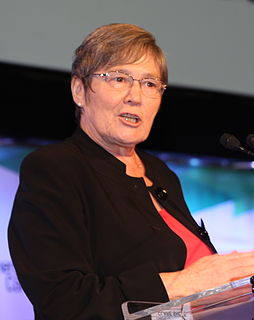A Quote by Christian Louboutin
In France you cannot not have lunch. If you stopped the French from having lunch, you will have a second revolution, I can tell you this. Not going to work - it is part of the French privilege.
Related Quotes
The transformations of the French empire itself or of French power structures themselves as well as the emergence of a kind of language of equal rights starting with the American Revolution and the French Revolution provided an opportunity and in some ways connected with other kinds of ground level desires or hopes and ideologies for freedom that were coming out of the plantation regime itself.
In comparison to the French Revolution, the American Revolution has come to seem a parochial and rather dull event. This, despitethe fact that the American Revolution was successful--realizing the purposes of the revolutionaries and establishing a durable political regime--while the French Revolution was a resounding failure, devouring its own children and leading to an imperial despotism, followed by an eventual restoration of the monarchy.
Human rights did not begin with the French Revolution...[they] really stem from a mixture of Judaism and Christianity...[we English] had 1688, our quiet revolution, where Parliament exerted its will over the King...it was not the sort of Revolution that France's was...'Liberty, equality, fraternity' - they forgot obligations and duties I think. And then of course the fraternity went missing for a long time.

